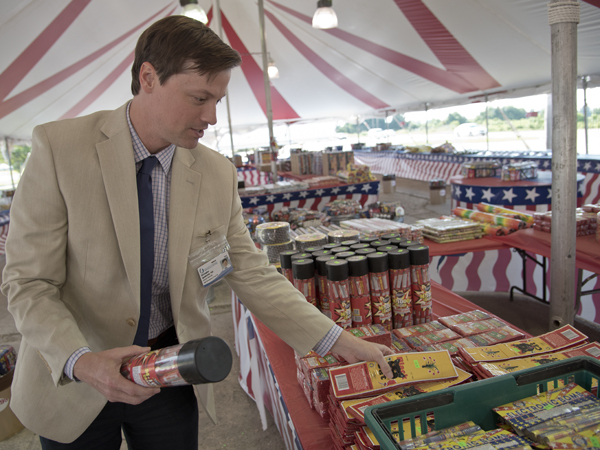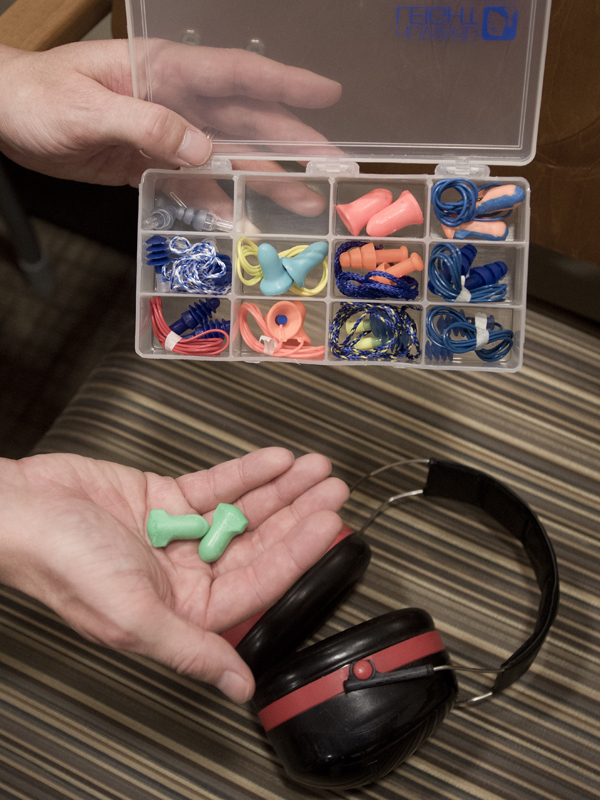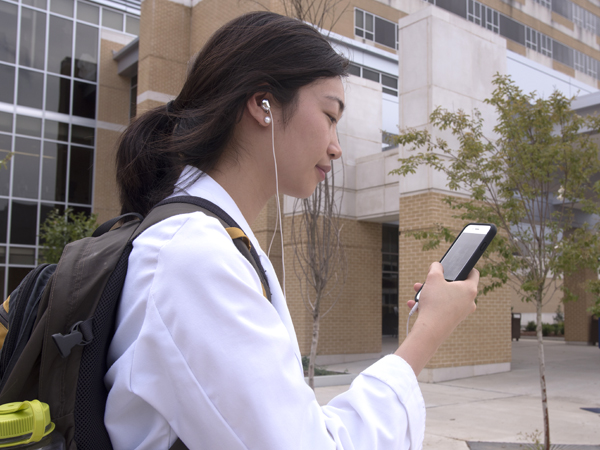Bang from fireworks just as dangerous as potential for burns, experts say

When your child has a fireworks war with a friend who throws a package of sizzling firecrackers at his or her feet, should your main worry be a trip to the ER for burns?
Your child's hearing may be just as endangered, experts at the University of Mississippi Medical Center say. Just one fireworks exposure close to a person's ears can cause irreversible damage with lifelong repercussions.
Noise levels are measured in decibels. According to the American Speech-Language Hearing Association, sounds louder than 85 decibels have potential to cause permanent hearing loss, the association warns, whether it's a single loud blast or prolonged exposure.
Fireworks three feet away can produce 150 decibels or greater, with firearms or a jet engine coming in at comparable levels and the maximum for some personal listening devices at 110 decibels, the association says. Intense, brief noises such as a firecracker or explosion can damage hair cells, or sensory receptors, in the inner ear. Once hair cells are damaged, there's no treatment to repair them.
"One loud, intense noise can cause damage, and that damage is permanent," said Dr. Christopher Spankovich, a UMMC audiologist and associate professor of otolaryngology and communicative sciences. "But prevention is key. We can reduce risk by limiting exposure to loud sounds, maintaining safe distances, and using hearing protection devices."
Close exposure to noise caused by fireworks can be similar to a gun discharging near someone's ears, he said. "When you're shooting a gun, it can be a brief exposure - three milliseconds - but very intense," Spankovich said. "A single exposure can cause damage."
The potential for hearing damage often is overlooked, however, by parents whose worries are focused on keeping their children's hands, face and head safe from fireworks-induced burns. Fireworks users of all ages should create a space of at least four meters between them and the explosive devices, and they should always use hearing protection such as earplugs or sound-blocking earmuffs, Spankovich said.

"A firework can generate a lot of noise," said Dr. Mark Reed, professor of otolaryngology and pediatrics and chief of the Division of Pediatric Otolaryngology. "And, you can have a double whammy. If it's close enough to cause hearing loss, it's probably going to give you a burn."
Attending a fireworks show or casually observing someone shoot them in your neighborhood likely won't affect your hearing, Reed said. "It's the accidental firework that goes off near your ear that will get you in trouble," he said. "It could be like a gunshot, or any loud brief noise."
In his field, Spankovich said, "we see a lot of young people with evidence of hearing loss." A cross-section study found that 16 percent of U.S. children, or about five million, are in that group. "The louder a sound is, the shorter the duration that you can safely be exposed to it," he said.
Hearing loss for all people can be subtle and cumulative, he said. He encourages parents to talk to their children about how hearing loss occurs and its consequences in a society where many hunt and use personal listening devices to enjoy music on the go.

Hearing protection devices, when used correctly, can help block out dangerous sounds but still allow the wearer to enjoy fireworks, concerts and hunting, Spankovich said. Foam earplugs should be inserted deeply enough into the ear canal so that they can expand, blocking out the most harmful noise.
"By far, one of the most common recreational reasons to wear earplugs is when you are shooting firearms," Reed said. "If one is right-handed, you would typically shoot a rifle off your right shoulder, and that usually puts your left ear at risk. We always ask people who are right-handed and have left-ear hearing loss if they shoot a lot of guns."
"People don't like to wear earplugs to sporting events or concerts because they want to be part of the experience," Spankovich said. "But there are musicians' earplugs that are commercially available that have a slightly lower noise reduction than traditional hearing protection, and a filter that better mimics natural hearing so music sounds like it should."
When adults and children are exposed to loud sounds, they can have diminished understanding of speech and sound, such as difficulty following a conversation because of high-frequency hearing loss. "There can be loss of clarity and understanding," Spankovich said.
They can also start having ringing, buzzing or humming in their ears caused by no external source, called tinnitus. "It can be annoying, and it can be 24/7," Spankovich said. In children, it can affect academic performance because sounds are muffled or simply not heard.

"That's one of the most common reasons we see bilateral hearing loss in children or adolescents who previously had normal hearing," Reed said of using devices that require earbuds to listen to music, such as a cell phone or iPod. "To develop hearing loss, you can be exposed to a really loud sound over a short period of time, or a somewhat loud sound over a longer period of time. The result is the same."
Audiologists can offer counseling and devices that can help a person cope with hearing loss, Spankovich said. "But, we can't regrow the neural fibers of the auditory system," he said. "We can bring sound to the deaf or hard of hearing with hearing aids and cochlear implants, and greatly improve communication, but we can't restore normal hearing."
Spankovich suggests anyone exposed to a loud burst of noise who is experiencing ringing, buzzing or muffling noises see an audiologist to determine if damage has been sustained.
Audiologists are trying to shift attitudes about noise and raise awareness that people can unwittingly suffer permanent hearing loss, Spankovich said.
"Today's adult population grew up during a time of rock concerts, where they wanted to turn up the volume," he said. "We're trying to change that perspective. Louder is not necessarily better."


